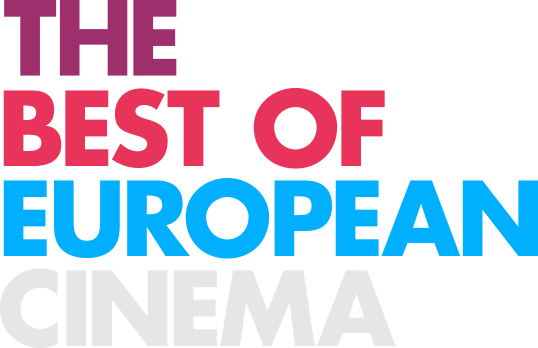Interview: László Nemes
Hungarian filmmaker László Nemes recently took the Cannes Film Festival by storm where his film Son Of Saul – a rare case of a debut film playing in the festival’s main competition – won the Grand Prix and the FIPRESCI Prize. Nemes began his career with such shorts as the award winning films The Counterpart and The Gentleman Takes His Leave. In the recent Cannes 2015 issue of World of Shorts, Nemes was interviewed by Daazo and WOSH’s Dániel Deák
World of Shorts: What do you think about pitching in general? According to my impressions it is very useful to learn how to tell your story in a compressed way. On the other hand, sometimes it is self-serving with all the preparations and travelling.
László Nemes: The pitch tourism? Yes, there is certainly something like this. I realised that a pitch can work if we summarise the story itself in no more than 6-8 sentences. More details are just too much for the audience. It is quite strange when directors turn into pitch clowns, or stand-up comedians. Of course it has good aspects, but it is not necessarily good if a filmmaker has to expose himself in too many places. You should always be selective and avoid burning out the project.
WOSH: And what are your experiences regarding film labs, where you can develop your project?
LN: In general I don’t really like trainings, which consider participants as if they were kids out of elementary school. I don’t think one should develop their ego, but rather to deal with concrete tasks. I participated in the Jerusalem Film Lab with Son of Saul and I worked with Torino Film Lab’s Script and Pitch on my other project, Sunset. Script and Pitch is perfect to start working on a project or to come back to the foundations: to brainstorm, to develop the idea, to work on the first creative phase – there is a place for hesitation. In Jerusalem, I tend to think that the filmmaker should arrive with a more developed idea, possibly a solid first draft, and work towards a new version. In my case, I was glad it happened this way – otherwise it might have been quite frustrating.
WOSH: It is also a risk to over-develop the projects. Sometimes I have the feeling that after all the scripts become too sterile.
LN: Me and my colleagues try to avoid over-development as much as we can, keeping a steady pace of development and space for changes and contingency – to let the screenplay breathe until the shooting. It’s also crucial to involve external help by script editors at the right time. The most difficult is to get started – during development one has to work the hardest until a solid final version of a treatment is reached. It can also be difficult to keep the material alive within you when you are the creator. One should be used to putting the material aside and letting it grow by itself.
WOSH: Do you plan to make shorts anymore?
LN: Yes, I would love to. I like short formats. But I think it is only worth making shorts if we can commit ourselves to a project and are able to invest the maximum effort into it. This is the only way one can make short films and try to maintain it as a valid and compelling art form.
I am not particularly happy about the large number of shorts produced nowadays. We are simply unable to absorb so many films. At the same time I see fewer breakthrough masterpieces. I have the impression that most of the filmmakers don’t take risks, they just want to create something good, but not an original, excellent work. With my short films I always wanted to cross boundaries, take risks, find my voice and at times, I wanted to experiment with new forms and styles to tell stories differently from the current trends.
You can read the full interview - which includes Nemes thoughts on filming on 35mm ("...the digital image is a regressive, deceitful technology...") - in he latest issue of World of Shorts available HERE
17 June 2015, by Daazo







